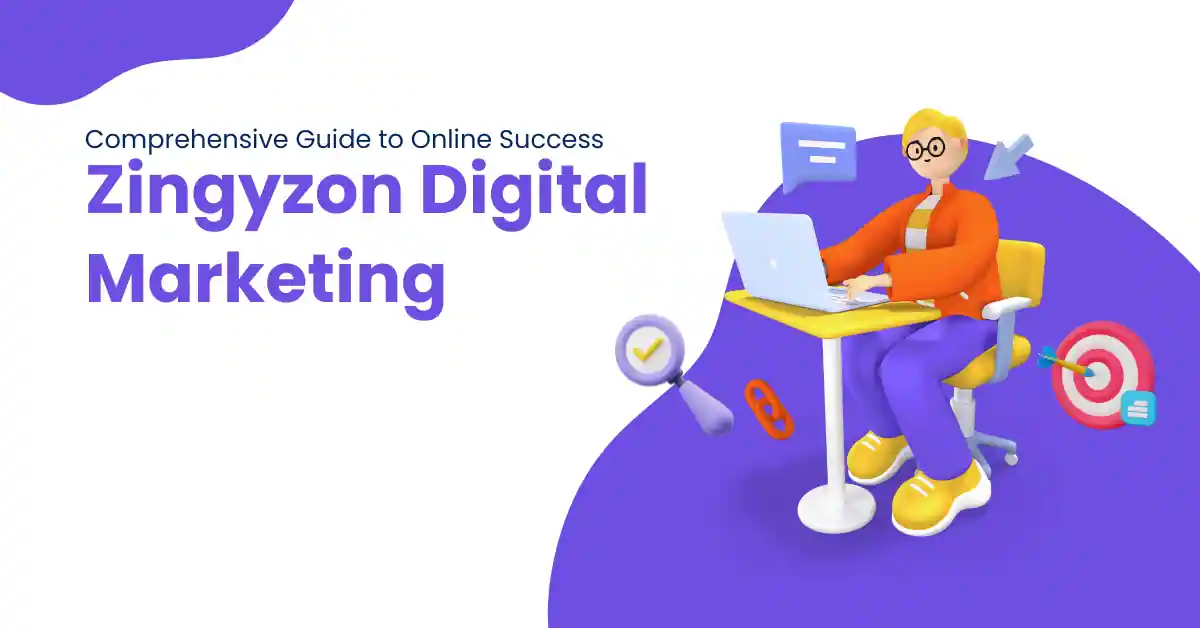In today’s competitive world, hiring isn’t just about filling a position—it’s a strategic move that can make or break a business. Companies that prioritize thoughtful and strategic hiring often see remarkable growth and success. But why do we say a business who hires usually work out? What exactly makes hiring so important? Let’s dive into the reasons why a business who hires usually work out and how careful hiring can lead to thriving organizations.
Table of Contents
ToggleUnderstanding the Importance of Hiring in Business
Hiring is a foundational aspect of business success, impacting productivity, team dynamics, and long-term growth. It’s a process that goes beyond filling vacancies; hiring the right people can reshape and elevate a company’s future. Indeed, a “business who hires usually work out” because of the fresh skills, ideas, and energy that new team members bring.
Why Hiring is a Critical Step for Business Growth
Each hire brings new perspectives, skills, and enthusiasm to the table, contributing to growth. When companies hire with a forward-looking approach, they set the stage for both immediate productivity and future success. This is one reason why we often see that “business who hires usually work out.”
The Impact of Effective Hiring on Business Success
Effective hiring aligns employees with company goals and creates a cohesive team that drives results. This alignment is often what distinguishes successful businesses from those that struggle to meet their objectives. It’s another reason why a “business who hires usually work out” and why hiring is more than just a function—it’s a strategic advantage.
How Smart Hiring Boosts Productivity and Performance
Smart hiring goes beyond meeting job requirements. It’s about finding individuals whose skills and strengths elevate the entire team, leading to improved productivity and performance. For businesses that get this right, hiring becomes a key factor in achieving goals, which is why they say “business who hires usually work out.”
Enhanced Efficiency Through Specialized Skills
Hiring individuals with specialized skills ensures that tasks are handled efficiently. A team where everyone is skilled in their area operates smoothly, like a finely tuned machine.
Increased Innovation and Creativity
Diverse backgrounds and skills within a team can lead to creative breakthroughs. New hires bring fresh ideas and perspectives that often inspire innovative solutions and drive a company’s growth. It’s a clear benefit of why a “business who hires usually work out” over time, as fresh talent keeps the company’s offerings relevant and competitive.
The Financial Benefits of Hiring the Right Team
Hiring is an investment, not just a cost. With the right team in place, companies can realize significant long-term financial benefits. Another reason a “business who hires usually work out” is because good hires help reduce operational costs and improve profitability.
Reducing Turnover Costs
A good hire is likely to stay, reducing turnover-related costs like recruitment, onboarding, and training. Long-term employees are also more productive, adding to the bottom line.
Long-Term Return on Investment (ROI)
Employees who align with the company’s goals and culture perform well and remain loyal, resulting in a high ROI. Over time, the advantages of having a stable and productive team far outweigh initial hiring costs, showing why a “business who hires usually work out” financially as well.
Key Qualities Businesses Look for When Hiring
Companies don’t just look for skills on a resume; they search for qualities that ensure a good fit within the team and the organization as a whole. These qualities are often what make a “business who hires usually work out” over the long run.
Technical Skills and Competency
Technical skills are essential for any role. A qualified candidate ensures that tasks are completed accurately and efficiently.
Adaptability and Cultural Fit
In dynamic business environments, adaptability is key. Employees who fit well with the company culture are generally more engaged, contributing to a positive work environment.
Growth Potential and Learning Agility
Companies value individuals with the potential to grow and learn new skills. Learning agility—adapting quickly and effectively—is a quality that indicates long-term success.
Common Hiring Mistakes and How to Avoid Them
Hiring isn’t always straightforward, and mistakes can set a company back. Here are a few common missteps and how to avoid them, as avoiding these pitfalls ensures that a “business who hires usually work out” in the best possible way.
Rushing the Hiring Process
Filling a position in a hurry often results in mismatched hires and high turnover. Taking time to ensure a good fit leads to better results in the long run.
Overlooking Cultural Fit
A good cultural fit is essential for team harmony. Ignoring this factor can lead to conflicts and disengagement, impacting overall morale and productivity.
How Small Businesses Can Benefit from Strategic Hiring
Strategic hiring isn’t just for large corporations. Small businesses, too, can benefit from thoughtfully chosen team members. This is why “business who hires usually work out” even in smaller operations.
Maximizing Resources Through Skilled Employees
In small businesses, every team member plays a crucial role. By hiring employees who bring specific skills, small businesses can maximize limited resources and improve efficiency.
Creating a Competitive Advantage
The right team helps small businesses stand out by offering unique services or creating innovative products, giving them an edge in the market. Again, “business who hires usually work out” because skilled teams give even small businesses a competitive boost.
The Role of Onboarding in Ensuring Hires Work Out
Onboarding is vital for helping new hires transition smoothly and feel equipped to contribute. A structured onboarding process supports new employees from day one and makes it more likely that a “business who hires usually work out.”
Effective Training and Support
Training helps new hires learn the ropes quickly, making them more productive sooner. When employees feel supported, they’re more likely to thrive and stay with the company.
Setting Clear Expectations
Clear expectations prevent misunderstandings and set new employees up for success. When employees know what’s expected, they’re more likely to meet or exceed those expectations, reinforcing the idea that “business who hires usually work out.”
Measuring Hiring Success in Business
To ensure hiring strategies are effective, businesses should assess the performance and impact of their hires over time. Tracking metrics allows a business to confirm why “business who hires usually work out.”
Key Performance Indicators (KPIs) to Track
KPIs such as retention rates, productivity, and employee engagement provide insight into hiring success. Tracking these metrics helps companies refine their hiring strategies.
Feedback Loops and Continuous Improvement
Soliciting feedback from employees and managers highlights areas for improvement. A continuous improvement approach ensures that hiring strategies remain aligned with company goals and that a “business who hires usually work out.”
Conclusion
Hiring the right people is a cornerstone of business success. A carefully selected team drives productivity, fosters innovation, and enables a company to reach its full potential. Companies that invest in hiring strategies often see reduced turnover, improved morale, and a clear pathway to growth. Ultimately, this is why a “business who hires usually work out.”
FAQs
Q1: Why is hiring so crucial for business growth?
Hiring brings in fresh skills, ideas, and energy, helping a business expand its capabilities and achieve its goals. This is why a “business who hires usually work out.”
Q2: What is the most important quality in a potential hire?
While technical skills are essential, adaptability and cultural fit are often what make a hire successful in the long term, leading to a stronger team dynamic.
Q3: How can small businesses benefit from hiring strategies?
Strategic hiring helps small businesses make the most of their resources and build a team that provides a competitive edge in their market, showing that a “business who hires usually work out.”
Q4: What are common mistakes companies make during hiring?
Common mistakes include rushing the hiring process and overlooking the importance of cultural fit, both of which can hinder business success.
Q5: How can businesses measure the success of their hiring?
Companies can use KPIs like retention, engagement, and productivity to evaluate the effectiveness of their hiring strategies, confirming why a “business who hires usually work out.”





